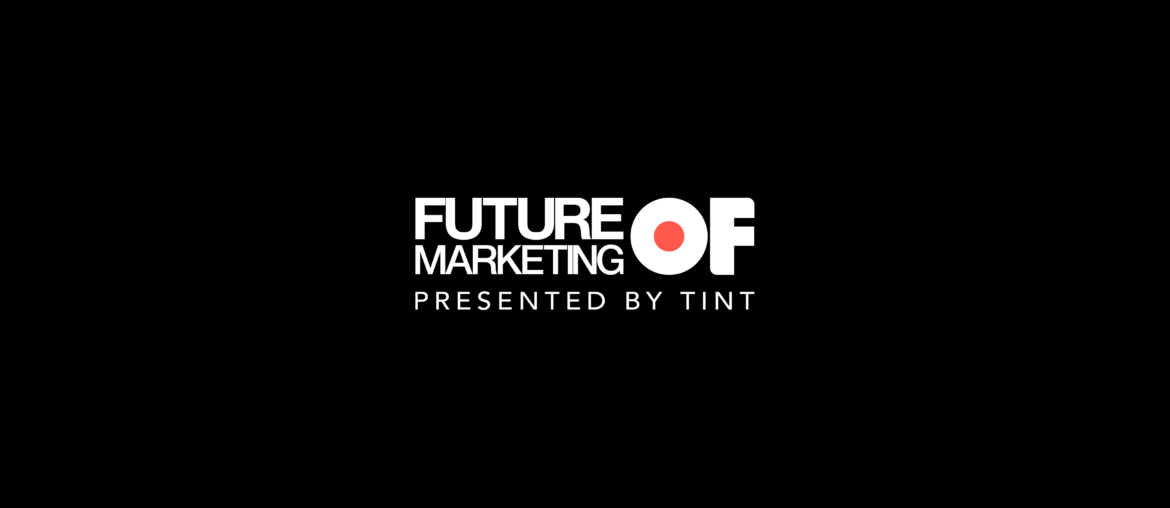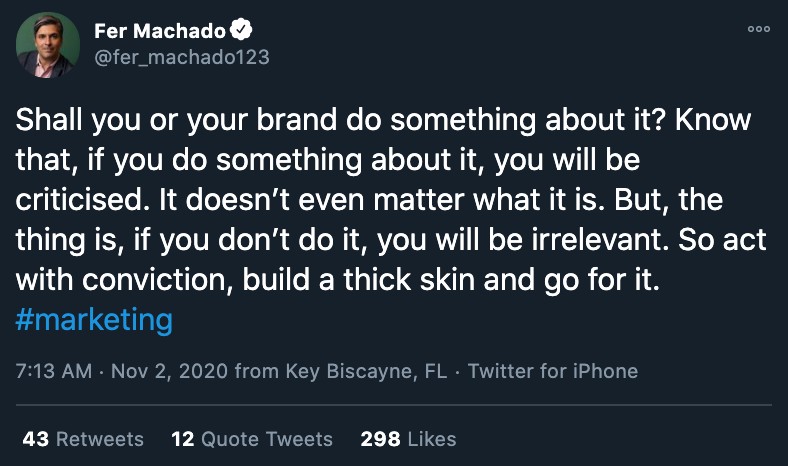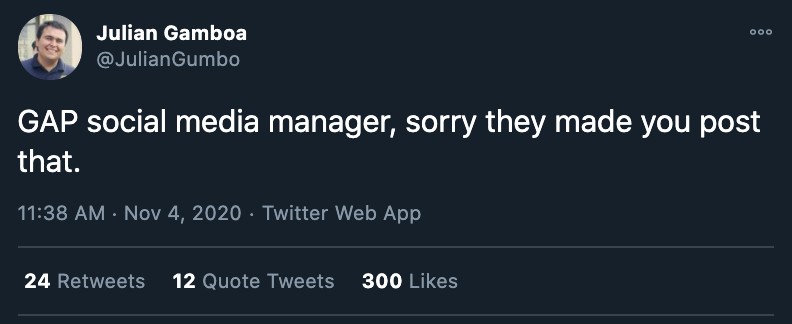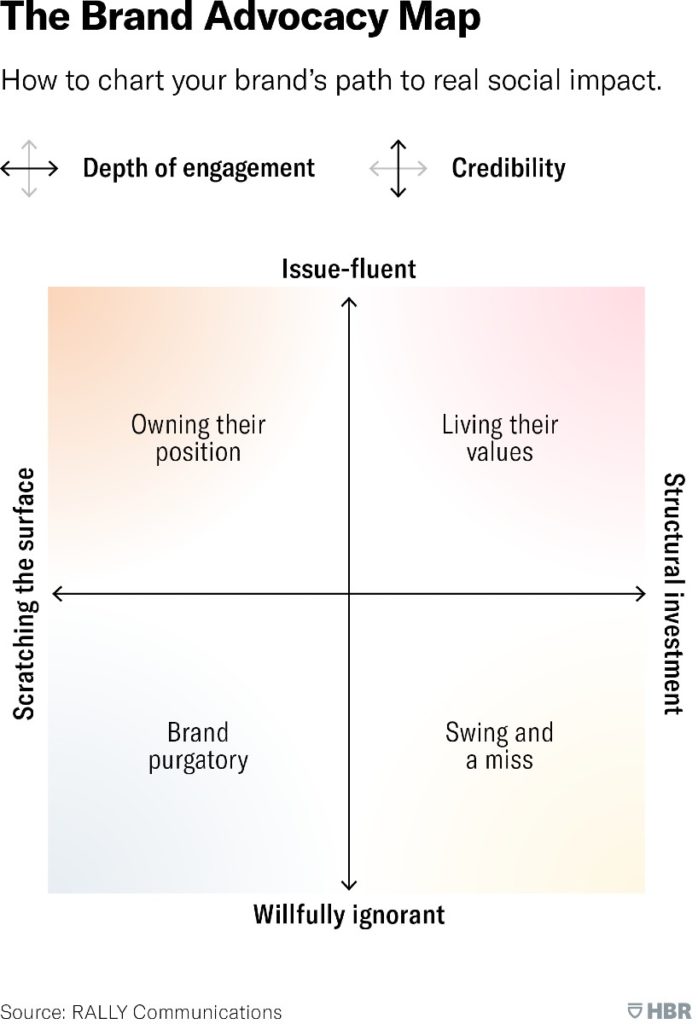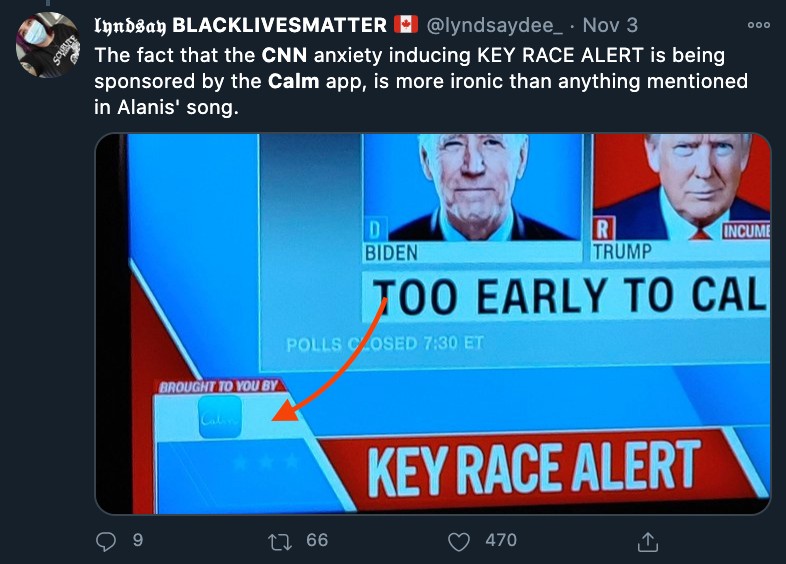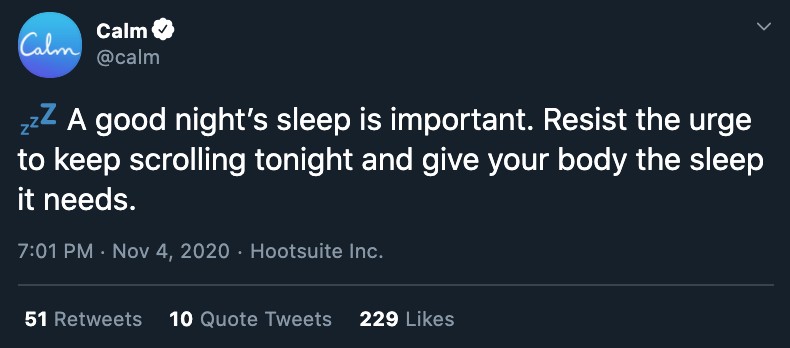This content originally appeared on November 5, 2020 in the Future of Marketing weekly email series. Subscribe here.
Welcome to issue no. 37 of Future of Marketing.
Each week, we send you the most relevant trends, resources, and strategies in social and user-generated content (UGC) from marketing leaders around the globe.
This week, we’re discussing…
- Why brands should speak up on important topics
- Social listening and reading the room
- How the Calm app used politics to advertise (and why it worked)
Stand for something
A majority of consumers expect brands to take a stand before purchasing – but the thing is, some companies hold back from speaking up because they fear backlash, lack strategy, aren’t prepared, or don’t have leadership support.
This pushes brands to halt marketing efforts around sensitive topics (i.e. racial injustice, climate change, the environment, politics) instead of participating or leading the conversation.
A study by the Advertising Research Foundation states:
“It is more challenging and costly to regain market share and brand equity once lost by ‘going dark’ than it is to maintain them with even modest investment.”
Not to mention…
“Reduced advertising by competitors provides a media environment with less ad clutter and potential lower media costs.”
As your competitors back down from speaking up on social issues, focus on bringing about real change and acting upon your brand’s values. Lean into conversations, educate your audience, and capture market share from your competitors.
But first…
Read the room before you post
While you should be bold, you should also be wary of the conversations taking place online to avoid sharing tone-deaf content that could cause unwarranted backlash from your audience.
“Shall you or your brand do something about it? Know that, if you do something about it, you will be criticised,” tweeted Fer Machado, Global CMO at RBI. “It doesn’t even matter what it is. But, the thing is, if you don’t do it, you will be irrelevant.”
True – but it’s not easy!
Gap quickly deleted a tweet that users felt was tone-deaf amid U.S. elections (and people noticed).
Some say all press is good press – but if you’re in a leadership position, don’t underestimate your social media managers and listen to their feedback when making decisions about what, when, how, and if to post.
Social media should be seen a direct channel of communication between brand and consumers – a way to listen, understand sentiment, collect feedback, and create content people actually want.
What we’re learning…
- Burger King is encouraging people to order from McDonald’s and we’re loving it [AdAge]
- Marketers on Twitter are having a holiday gift exchange [Twitter]
- The CMO role is becoming more complex [Future of Marketing]
- The Definitive Guide to Social Commerce [TINT]
- How brands can follow through on the values they’re selling [HBR]
#brandcrush: Calm 💘
Each week in #brandcrush, we highlight exceptional brands that are channeling their customers’ voice to connect more authentically with their audience.
Who won the U.S. election? Our vote says Calm.
Calm advertised on television amid CNN polls and people can’t tell whether it was comical or genius.
Calm also tweeted a series of mindfulness tips and tricks to bring it all together.
Why Calm’s strategy worked:
- Placement: Calm knew their audience would be tracking the polls on TV and social media.
- Relevance: Mental health is a huge topic (and the world needs a break from 2020).
- Disruption: Calm’s ad placement stood out because it was unexpectedly appropriate.
“As we all grasp for a way to deal with all that’s happening around us, seeing the Calm icon next to the extremely stressful election results was a much-needed moment of levity — it was a joke we were all in on, when little else felt funny,” shared Brittney McNamara.
Calm’s sponsorship is a perfect example of understanding the role your brand can play when confronting important issues with clarity and purpose.
Calling all marketers 🚨
We’re surveying marketers about the future of content production and user-generated content (UGC).
For each completed survey we receive, we will donate $5 to a charity of your choice (up to $2,000).
Complete the survey here.
If you enjoyed reading this newsletter, subscribe or share it with a friend. 🙏
